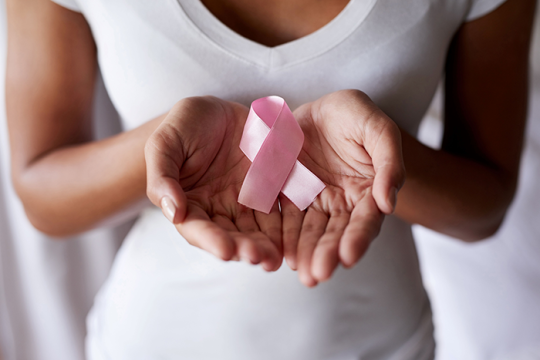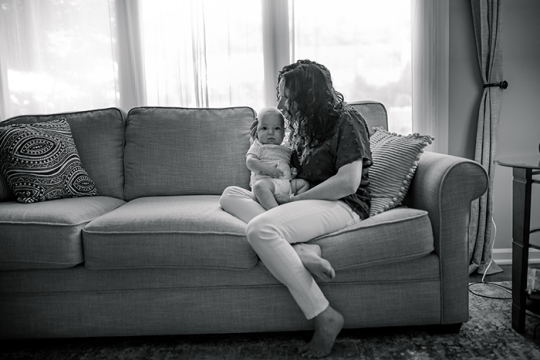
May is Mental Health Awareness Month, a time to consider how we can help prevent and treat mental illness – including the agonizing scourge of clinical depression, which too often results in suicide.
It’s also the month leading up to the Jewish holiday of Shavuot, when we read the Book of Ruth. In it, we hear of Naomi, a widow at midlife so despondent and hopeless that she tells her daughter-in-law, Ruth, to call her Marah, the Hebrew word for “bitterness” rather than her actual name, which means “pleasantness.”
Recent statistics cite a dramatic increase in suicide, especially among baby boomers. What’s behind this tragic trend? Experts point to financial reversal, loneliness, and unemployment/underemployment, as well as disappointment that the security, freedom, and self-actualization this group expected in the second half of life has, for so many, not materialized.
Indeed, life has a way of throwing us curveballs. The unforeseen economic crisis brought with it long-ranging consequences that caused many in the boomer generation to lose their savings, jobs, status, and confidence. This generation’s parents and children were also seriously affected, turning to boomers for care and sustenance – and further compromising their resources, freedom, and even their health. Far from being free to retire, travel, or pursue their dreams, many boomers found themselves working longer hours, serving as caretakers, and feeling undervalued. Some – even the financially secure – experienced an unanticipated loneliness and loss of purpose at becoming empty nesters or being forced into retirement; other contributing factors include illness, widowhood, divorce, death, and the geographic moves of close friends and relatives.
Dreams shattered, sense of security shaken, trust in the future waning, loss of role and meaning – all of these play a role in clinical depression and the desperation that can lead to suicide. Biological vulnerability surely plays a part as well – and when vulnerability and life setbacks coincide, they can result in a dangerous and agonizing illness of the psyche, soul, and body.
Research shows that a combination of psychotherapy, medical intervention, and a network of caring relationships is most likely to help us return to a sense of hope and pleasure in living. And the upcoming holiday of Shavuot offers a powerful glimpse at how others in our history prevailed in the face of unimaginable and unremitting losses. Within the story of Naomi and Ruth are powerful lessons for us about how relationships and community can restore and sustain those facing difficult times.
When her husband and sons died, Naomi was thrust into agony, leaving her childless in a land far from her home. In her despair, Naomi told her daughters-in-law to leave her behind as she set out to return to her birthplace, Bethlehem – but Ruth refused to leave her, promising fidelity to her mother-in-law and to God. By simply walking alongside her, Ruth conveyed that Naomi had worth and that neither she nor her pain were a burden. In Bethlehem, Naomi helped Ruth to meet and eventually marry a kinsman named Boaz, and when Ruth gave birth to a son, Naomi felt restored with love, purpose, and continuity. The child wasn’t just loved by Naomi; he was also the progenitor of King David and the hoped-for Messiah.
What is the message for those who walk beside someone who is despairing about losses – or for those who feel that they are a burden? Even when all feels lost and there is no roadmap out from the sadness, returning to community and being embraced by family – including non-traditional families and congregational communities made up of multiple generations – can indeed lead us to a place of reduced pain, renewed life, and a reason to go on.
Like Naomi, baby boomers may not be living the lives they expected. They, too, may fall ill with depression, sending away loved ones for fear of being a burden. Though society sends messages that dignity and success are measured by our ability to bear pain and loneliness on our own, it’s vital that our culture – both secular and religious – try to draw these individuals back into meaningful connections to family and communal life.
Our salvation comes – both clinically and spiritually – when we find ways to accompany those in despair and help them find their way back into the warmth of their families and communities.
Visit DisabilitiesInclusion.org to learn more about addressing mental illness within the Jewish community.
Related Posts

The Holy Act of Caring for our Bodies: The Importance of Breast Cancer Testing Early and Often

Navigating Infertility: Resources, Reflections, and Rituals

